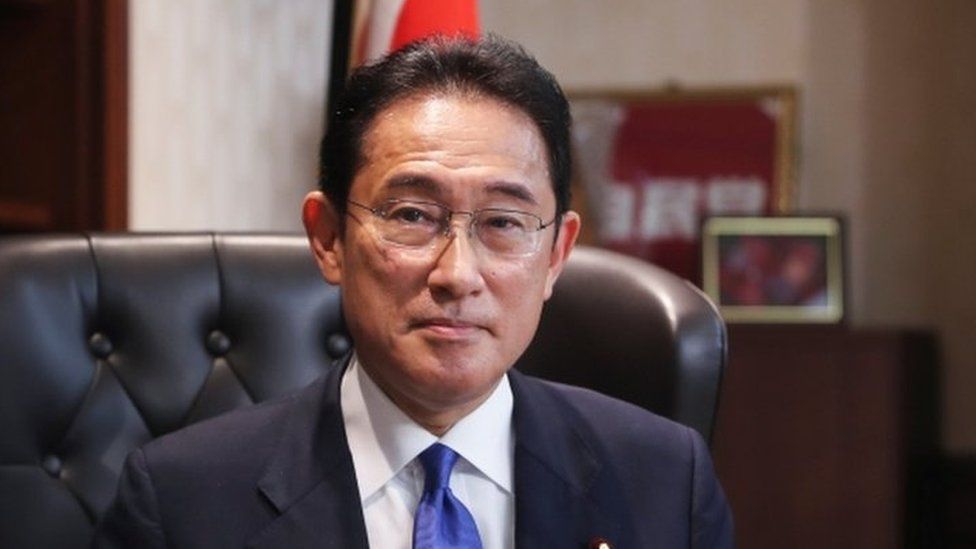
TOKYO (AFP/RSS) – Japan’s Prime Minister Fumio Kishida declared victory on Monday after leading his ruling coalition to a strong majority in national elections.
Kishida, a soft-spoken centrist who has been in office for a month, vowed to boost the world’s third-biggest economy with a fresh pandemic spending package which he said he would draft this month.
He also said Japan would “take a leading role in working towards zero emissions in Asia”, a day before he heads to Glasgow for the COP26 summit.
The long-ruling Liberal Democratic Party (LDP) and its junior coalition partner Komeito won 293 of the 465 seats in parliament’s lower house, local media reported while the official result was finalised.
“It was a very tough election, but the people’s will — that they want us to create this country’s future under the stable LDP-Komeito government and the Kishida administration — was shown,” the prime minister said.
“We received a precious 261 seats for the LDP. As a responsible party… we will meet the public mandate.”
Investors cheered the results, with the benchmark Nikkei stock index rising more than two percent after the ruling bloc limited its losses to beat exit poll predictions.
The coalition had previously held 305 seats in parliament, and the LDP 276 on its own.
Kishida took office a month ago after his predecessor Yoshihide Suga resigned just a year into the job, partly due to public discontent over his response to the Covid-19 crisis.
– ‘Large-scale’ stimulus –
Japan has recorded around 18,000 virus deaths, a comparatively low toll for its population of 126 million, and has never imposed a blanket lockdown.
But many businesses, especially bars and restaurants, have suffered through prolonged periods of restrictions on commercial activity.
Kishida said he would improve the health system’s ability to treat Covid patients and start booster shots from December.
He also promised to deliver “a large-scale economic stimulus” as soon as possible within this year, without saying how much it would be.
The 64-year-old has outlined plans to tackle inequality heightened by the pro-business policies of his predecessors Yoshihide Suga and Shinzo Abe, Japan’s longest-ruling prime minister.
The LDP has also pledged to increase defence spending to counter threats from China and North Korea.
Newspaper editorials on Monday urged Kishida to act decisively to shore up public support ahead of a key upper house vote next summer.
He needs to “fully prepare for a possible sixth wave of virus infections as early as this winter”, and firm up how his economic policy ideas will work in practice, the Asahi Shimbun daily said in an editorial.
In recent decades, votes against the LDP have been split between multiple major opposition parties, but this time five rival parties boosted cooperation in a bid to dent its stranglehold.
The Yomiuri Shimbun daily said the ruling party had been “forced to fight tough election battles” throughout Japan.
But differences in key policy positions between the two main opposition parties, the Constitutional Democratic Party of Japan (CDP) and the Japanese Communist Party — especially over the country’s relationship with the United States — led to their defeat, the newspaper said.
Meanwhile, a surge in votes for the Osaka-based reformist Nippon Ishin party “from conservative voters who are frustrated with… the coalition government” pushed it to become the third-largest party after the LDP and CDP, the Yomiuri said.
An estimated 56 percent of voters cast their ballots, Japanese media said, a continuation of the low turnout rates that have plagued the country’s elections in recent years.